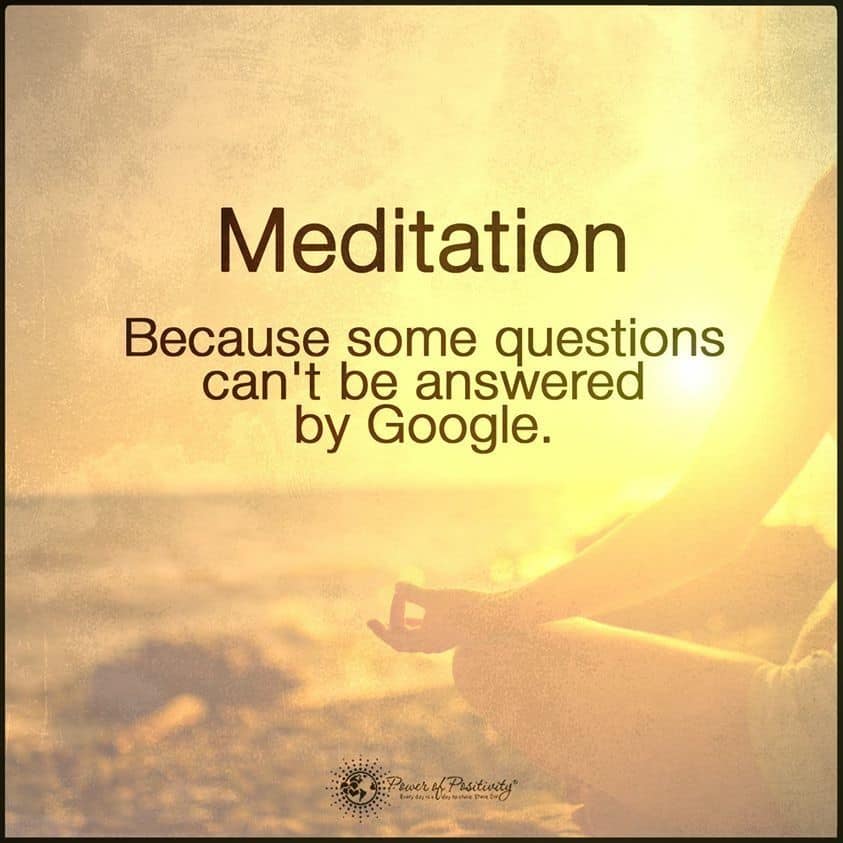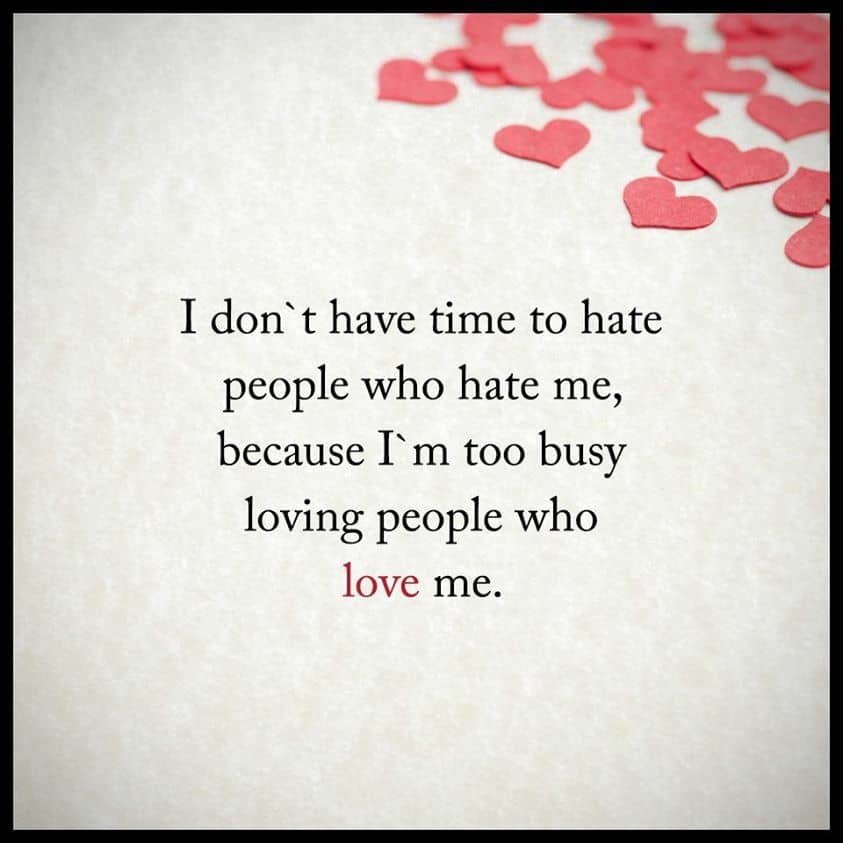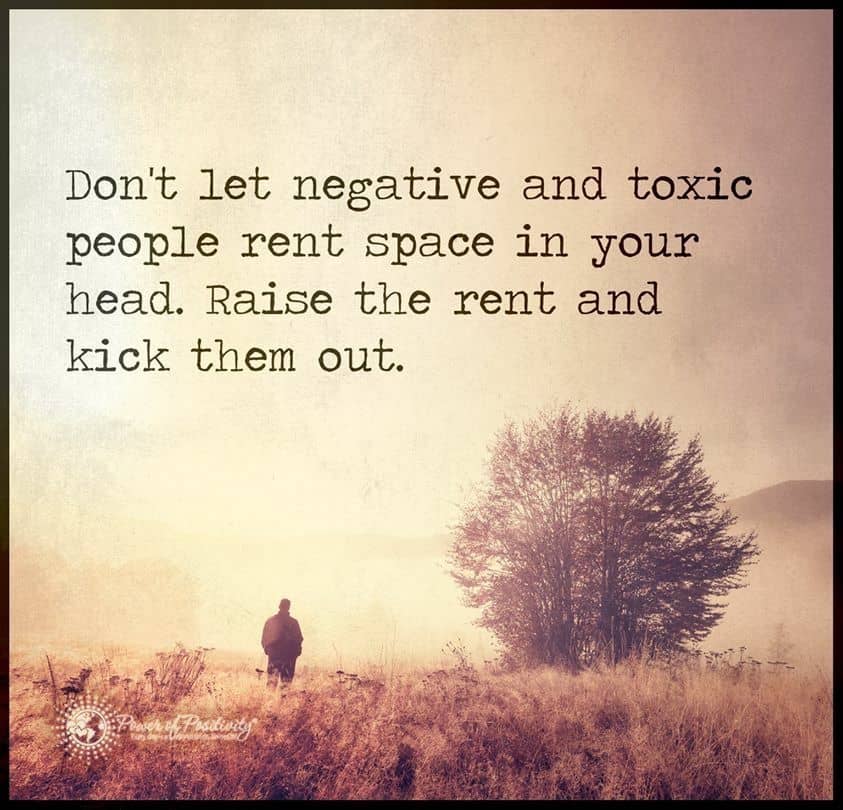When you’ve been hurt, you may feel pressure to offer forgiveness to the person who wronged you. Whether that pressure comes from society, family, or within, it can be hard to ignore it. Sometimes, though, forgiving isn’t the best option.
This may come as a shock because you mostly hear that forgiveness is essential. You will hear that it is the only way to heal and move on, but this isn’t always true.
You are not dwelling on the past or harboring negative emotions by not forgiving someone. Instead, you are staying true to yourself. No matter what anyone tells you, you do not have to forgive someone who has wronged you.
Sometimes, not only is forgiveness not the best option; it is even the worst option. However, it is up to you to decide if you will forgive or not. Consider the situation and your other options, and then decide that will be best for you.
Why Forgiveness Isn’t Always the Best
Here are a few signs that you’re not ready to forgive yet.
 You Have to Analyze
You Have to Analyze
Some people may tell you that you are overthinking, but you need to think about it in traumatic situations. You have to analyze what has been done to you and how that makes you feel. Plus, you have to think about how you will feel about it in the future.
You Have to Go Through the Healing Process
There is a healing process that you have to go through before you can truly process the situation. There is nothing wrong with going through these steps, and there is no time limit on it.
The process is different for everyone, and forgiveness may not be one of the steps for you. It is possible to heal without forgiving.
It’s Not the Right Time
As stated before, the healing process takes time. Forgiveness may come eventually, but you can’t rush it, and you can’t guarantee it. If you allow yourself the needed time, you will feel empowered, worthy, and smarter than ever.
It Can Diminish Your Self-Respect
When you allow yourself to feel and express anger, you will be empowered. You will be more likely to stand up for yourself, and your self-esteem will rise. On the other hand, forgiving too easily can diminish your sense of self-respect.
It May Cause You to Suppress Your Anger
Suppressed anger may sound easier to deal with, but this isn’t the case. When you suppress your anger, it causes anger to become internalized. It causes negative self-talk, depression, relationship problems, high blood pressure, and other serious health issues.
Forgiving too Easily Makes it More Likely to Happen Again.
When you forgive too easily, it makes it more likely that the offender will hurt you again. If they get away with it and you let it slide, they’ll think that their behavior is okay. The more often you forgive, the more often they will wrong you.
You Have to Rediscover Who You Are
When you have been hurt by someone you care about, it changes your life. No matter what path you decide to take, things will be different. This means things will never be as they once were, and you must rediscover who you are.
It Won’t Help You Heal.
Your healing process is the most important thing in this situation. If forgiving the offender won’t help you heal, don’t do it. It doesn’t make you a bad person, and you aren’t required to forgive.
It Can Make You Feel Isolated
Saying that you forgive someone when you truly haven’t can be even more detrimental to your well-being. It can cause you to feel isolated because once you have said the words, it’s not easy to take them back. You won’t feel like you can talk to anyone about it, either, because they may judge your decision.
Forgiveness May Not Be Possible
Sometimes, you are unable to forgive the person who has wronged you. Forgiveness can’t be forced, and it has to be truly felt. You can still find other ways to let go of the anger and pain.
What You Should Do Instead
Although you don’t have to forgive, it’s important not to ignore what happened to you. Ignoring it won’t work, and it can even make it worse. If you ignore it, you may end up isolating yourself or displacing the anger onto those who don’t deserve it.
 Show Yourself Compassion
Show Yourself Compassion
When you are hurting or angry, allow yourself to feel it without beating yourself up. It’s normal to hurt when you have been betrayed, so give yourself some compassion. Remember that it is not your fault you were betrayed, and it is fine that you can’t forgive.
Remind Yourself That the Person Who Hurt You is Human
If you can see the offender as what they are, a human being, you’ll be able to get past it without forgiving. Remember that humans make mistakes and, while you still don’t have to forgive, it will help you let go of some anger.
Give Yourself the Chance to Heal
When you are wronged, you are bound to suffer. Give yourself the time and opportunity for this. When you give yourself the necessary time, you can think with a clearer mind.
The healing process is a personal one for everyone, as mentioned before. This step is essential no matter what path you take, so you can’t skip it, and it should begin right away. As hard as the situation is, you have to feel the emotions and work your way through them.
Some days will be worse than others, but it is all part of the process. As you go through it, you will be able to understand your feelings and the situation fully. This will give you the right mindset to decide whether to offer forgiveness.
Stay Active
The busier you stay, the less you will focus on the negative aspects. While it is essential to go through them and process everything, you can’t think about it all the time. You’ll find peace and healing as you put your energy into doing other things.
Remind Yourself of the Reasons You Can’t Forgive
You have to set boundaries for yourself, and when you can’t forgive someone, they clearly crossed the line. Remind yourself that you are keeping yourself safe, whether emotionally or physically.
How to Decide if You Should Forgive
The decision to forgive or not to forgive is entirely up to you. You are the only one who can set boundaries for yourself. Deciding when you’re done is up to you; sometimes that decision comes after the first betrayal.
When you are making your decision, there are certain things you should consider and certain steps you should take. Remember, the decision is yours to make, despite what anyone else says.
Acknowledge What Happened
You are the only one who knows how much pain you have gone through. Consider what was done to you and how it made you feel. Once you have acknowledged it, it will be easier for you to decide.
Think About If the Person Apologized
If someone doesn’t apologize, they probably don’t deserve your forgiveness. Likewise, if they don’t apologize sincerely, they probably didn’t mean it. It’s also important to remember that an apology doesn’t always make up for what was done, but it will help.
You Heard About the Betrayal from Them
It’s always helpful to learn about the situation directly from the offender. If you had to find out from someone else, it’s a good sign the offended doesn’t respect you.
Consider the Severity of the Situation
Some things are easier to forgive than others, and this is something you have to consider. Only you can determine the way you feel, and that is the true determination of the severity.
Think About How Many Times They Have Done It
Forgiveness may not be the best option if this isn’t the first time. On the other hand, if it is the first time, it may be the only time. There is no way to know for sure, so make the decision you feel most comfortable with.
Think About What You Want to Do
No matter what has happened, you sometimes know what you want to happen next. That is fine if you want to give them another chance and know that you can forgive.
It’s also fine if you decide you don’t want to give a second chance. Remember that this is your life, and you get to decide who is in it. If you don’t want to forgive, there is no reason you should have to.
 Final Thoughts on Why Forgiveness Isn’t Always the Best Option
Final Thoughts on Why Forgiveness Isn’t Always the Best Option
While many people say that forgiveness is the key to healing and moving on, that isn’t entirely true. You can move on without forgiving the offender, and you can fully heal, too. The decision to forgive or not is entirely up to you. Don’t let anyone try to control your decision. Remember that forgiveness isn’t always the best option and that it can’t be forced.

















